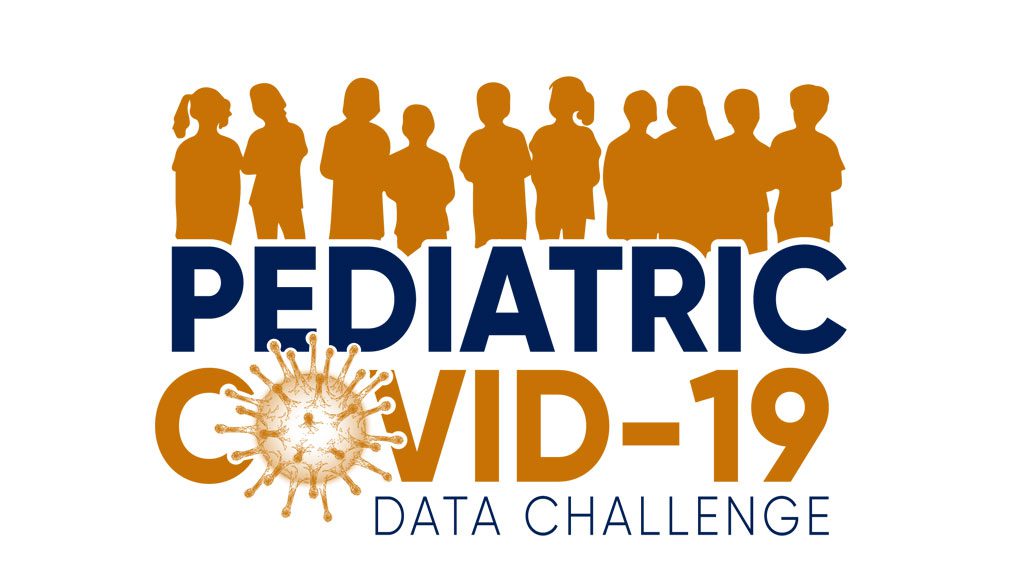Methods to distinguish children at risk for severe COVID-19 complications, including conditions such as MIS-C are needed to enable development of early interventions to improve pediatric patient outcomes.
About 1 in 3 children hospitalized with COVID-19 in the United States were admitted to the intensive care unit, similar to the rate among adults.
While most children with COVID-19 are asymptomatic or have mild symptoms, healthcare providers have difficulty determining which of their pediatric patients will progress to moderate or severe COVID-19 early in the progression. Some of these patients develop multisystem inflammatory syndrome in children (MIS-C), a life-threatening inflammation of organs and tissues. Methods to distinguish children at risk for severe COVID-19 complications, including conditions such as MIS-C are needed for earlier interventions to improve pediatric patient outcomes.
The U.S. Department of Health and Human Services (HHS) has launched a data challenge competition that will leverage de-identified electronic health record data to develop, train and validate computational models that can predict severe COVID-19 complications in children, equipping healthcare providers with the information and tools they need to identify pediatric patients at risk.
The challenge is sponsored by the Biomedical Advanced Research and Development Authority (BARDA), part of the HHS Office of the Assistant Secretary for Preparedness and Response, in partnership with two institutes from the National Institutes of Health – the National Institute of Health’s National Center for Advancing Translational Sciences (NCATS) and the Eunice Kennedy Shriver National Institute of Child Health and Human Development (NICHD) – along with the Health Resources and Services Administration’s (HRSA) Maternal and Child Health Bureau. The challenge will be administered by Sage Bionetworks.
Challenge participants will be asked to develop, train, and validate computational models to predict pediatric patients at risk for hospitalization, need for ventilation, and cardiovascular interventions, utilizing de-identified electronic health record data available through NCATS’ National COVID Cohort Collaborative (N3C) Data Enclave. The N3C Data Enclave is a central, harmonized data repository that represents electronic health records from over 55 health centers across the U.S. To protect patient privacy, de-identified data provides information useful to researchers without revealing any information that could identify individual patients.
The total cash prize purse is $200,000 split among up to three winners. Winners also may be eligible to apply for follow on funding support and in-kind services from BARDA for further technology development and clinical evaluation.
Pediatric COVID-19 Data Challenge Timeline
Aug. 19 – Onboarding Phase
Sep. 15 – Round 1 Begins
Oct. 12 – Round 2 Begins
Oct 26 – Registration deadline to request access to challenge within N3C
Dec 17 – End Round 1 & 2 (extended from Nov. 19)
TBD – Winners Announced
TBD – Collaboration Phase Begins
To learn more about the challenge, including challenge rules, eligibility, criteria for winning entries, data enclave use requirements, and how to register to join the N3C consortium, visit the Challenge.gov page. Because fully registering for the N3C consortium can take several weeks, potential participants are encouraged to review the requirements, rules, criteria, and timelines for each competition phase as soon as possible.



